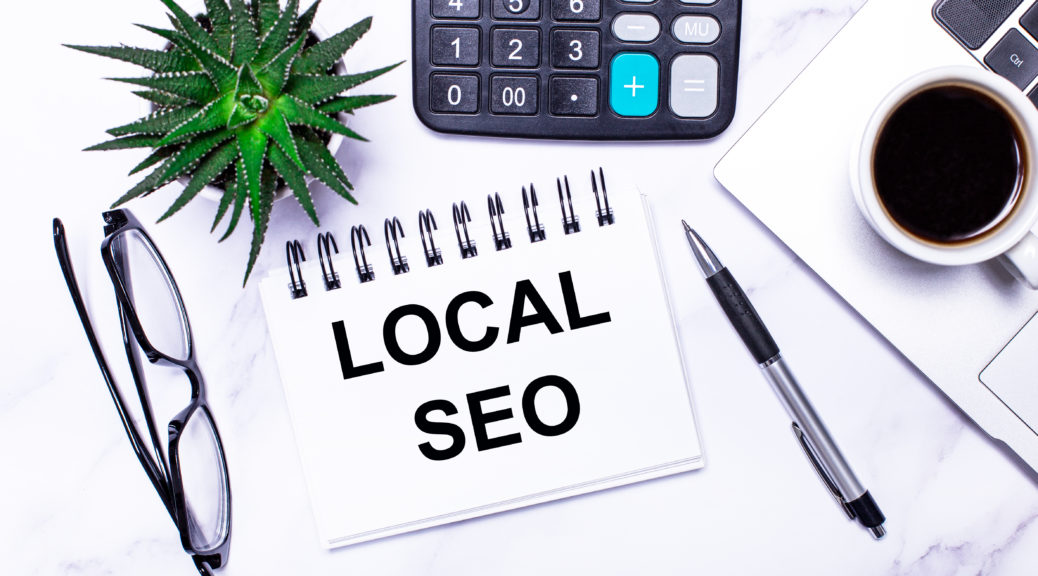
Local SEO Ranking Factors in Australia: A Comprehensive Guide
Australia’s digital landscape is evolving, and local SEO has become a crucial part of this change. Understanding local SEO ranking factors in Australia can help businesses improve their search visibility, attract more local customers, and ultimately grow their bottom line.
Understanding Local SEO Ranking Factors in Australia
Local SEO refers to the process of optimizing your online presence to attract more business from relevant local search queries. These searches take place on Google and other search engines. People search for local businesses using various search engines — Google, Bing, Yelp, Apple Maps, etc. The primary search ranking factors for local SEO in Australia include Google My Business, online directories and citations, reviews and ratings, on-page SEO, and local backlinks.
The Importance of Mobile Searches for Local SEO in Australia
In the digital age, mobile devices have become an integral part of our lives. This shift towards mobile has significantly impacted how consumers find and interact with businesses, especially at the local level. In fact, mobile searches play a crucial role in local SEO in Australia.
According to a study by Red Search, 78% of Google Maps searches on mobile lead to an in-store purchase. This statistic underscores the importance of optimizing your business for local search. When your business appears in local search results, you increase your chances of attracting customers and driving in-store purchases.
Furthermore, the use of “near me” in mobile searches has seen a dramatic increase. “Near me” mobile searches grew by 136% last year. The popularity of “near me” searches indicates a strong local intent among users. As a business, optimizing for these types of searches can help you connect with potential customers in your area.
Lastly, it’s worth noting that 30% of all Google mobile searches are related to location. This means that a significant portion of mobile users are looking for businesses or products in their vicinity. Ensuring your website is mobile-friendly and optimized for local search is no longer optional; it’s a necessity.
The Rise of Voice Search in Local SEO
Voice search has been on the rise in recent years, thanks to the increasing popularity of smart speakers and voice assistants like Amazon’s Alexa, Google Assistant, and Apple’s Siri. This trend has significant implications for local SEO, as people often use voice search to find local businesses.
When people use voice search, they tend to use natural language and ask complete questions. For example, instead of typing “pizza near me,” they might ask, “Where can I find the nearest pizza place?” This means that optimizing for voice search often involves targeting long-tail keywords and answering the types of questions that people might ask their voice assistants.
Voice search is rapidly becoming a significant factor in local SEO in Australia. According to recent statistics, there are about 49% of people using their smart devices to interact with brands,products, or services.
More importantly, 55% of people use voice search to find local businesses, and 22% of voice search queries are looking for location-based content.(websitesthatsell,2023)
These statistics highlight the growing importance of voice search in connecting with local audiences. Businesses that optimize for voice search can significantly enhance their local SEO efforts, reach more potential customers, and stay ahead in the competitive Australian market.
To optimize for voice search, consider the following strategies:
- Use Conversational Keywords: Since voice searches are more conversational, include long-tail keywords that sound natural in your content.
- Optimize for Questions: Many voice searches are question-based. Make sure to include content that answers common questions about your business.
- Improve Local SEO: As mentioned, voice search is often local. Make sure your Google My Business listing is up to date, and try to gather positive customer reviews.
- Ensure Mobile-Friendliness: Most voice searches happen on mobile devices, so a mobile-friendly website is a must.
What are the local SEO Ranking factors in Australia?
Google Business Profile
Google Business Profile is a free tool that lets you manage how your business appears on Google Search and Maps. It includes your business name, location, and hours; monitors and responds to customer reviews; adds photos; learns where and how people are searching for you, and more.
Your Google Business Profile descriptions are an important part of local SEO ranking factors in Australia. By including relevant and engaging keywords in your descriptions, you can help to improve your visibility for local searches. When adding descriptions to your listing, make sure that the information is accurate and up-to-date.
Online Directories and Citations
Citations in online directories and business listings influence local SEO rankings. They refer to mentions of your business name, address, and phone number on other webpages—even if there is no link to your website. An example of a citation might be an online yellow pages directory where your business is listed, but not linked to.
Reviews and Ratings
Reviews and ratings are crucial for local SEO. Businesses with high ratings and positive reviews rank better in local search. Google also considers the number of reviews and the overall rating for ranking local search.
Claiming your business profile on top reviews sites like Yelp, Amazon, and TripAdvisor is an important local SEO ranking factor in Australia. Having a presence on these platforms allows you to connect directly with customers, providing them with information about your services and products. Additionally, it gives potential customers the chance to learn more about your business through customer reviews.
On-Page SEO
On-page SEO refers to the practice of optimizing individual web pages with relevant content and a good user experience in order to rank higher and earn more relevant traffic in search engines. On-page refers to both the content and HTML source code of a page that can be optimized, as opposed to off-page SEO which refers to links and other external signals.
Local Backlinks
Backlinks are links from other websites to your site. Local backlinks, which are a crucial part of link building, come from websites in the same geographical locations as your business. They help Google understand that your business is relevant to a specific geographical area, improving your local SEO.
How to Improve Local SEO Rankings in Australia
Improving your local SEO rankings involves several steps. First, business owners in Australia need to ensure their Google Business Profile is complete and accurate. This includes verifying your physical location, adding photos, and updating your business hours.
You should also aim to increase your online reviews and ratings, as these play a significant role in local search rankings. Even negative reviews should be addressed promptly and professionally. Additionally, optimizing your site for SEO, including relevant keywords, can improve your visibility in local search results.
Managing Negative Reviews
Negative reviews can harm your local SEO rankings if not managed properly. It’s important for businesses to monitor their online reviews and respond promptly and professionally to negative feedback. This not only helps improve your online reputation but can also turn dissatisfied customers into loyal ones.
Pro tip: Remember, while it’s important to include relevant keywords in your content, it’s also crucial to ensure that the content remains high-quality, readable, and provides value to your audience. Overstuffing your content with keywords can have a negative impact on readability and SEO.
Local SEO Tools for Australian Businesses
Several tools can help you improve your local SEO rankings. These include SEMrush, Ahrefs, and Moz Local. These tools can help you conduct keyword research, track your rankings, and identify opportunities for improvement.
Comparing Local SEO Strategies in Australia
Different businesses may require different local SEO strategies. It’s important to understand your business’s unique needs and objectives when developing your local SEO strategy. This might involve focusing on certain ranking factors more than others, depending on your business type and target audience.
Choosing a Local SEO Service Provider in Australia
Navigating the complexities of local SEO can be challenging. If you’re unsure about handling it yourself, consider partnering with a seasoned local SEO agency. At SEO Australia, we bring years of experience, proven strategies, and a track record of satisfied clients to the table. We’re dedicated to helping businesses like yours achieve their full potential in the Australian market. Don’t leave your SEO to chance – contact us today to see how we can elevate your local SEO strategy.
Conclusion
Local SEO is a powerful way for businesses to reach their local potential customers. By understanding and optimizing the factors that influence local SEO search engine rankings, businesses in Australia can improve their online visibility, attract more organic traffic, and grow their bottom line.
For personalized guidance that fits your business needs, consider reaching out to our local SEO experts at our Sydney-based digital marketing agency. We’ll conduct a thorough audit of your business and provide a comprehensive report to ensure you’re capitalizing on all crucial aspects of local SEO. Get in touch with us today for a consultation tailored to your business’s unique requirements.




